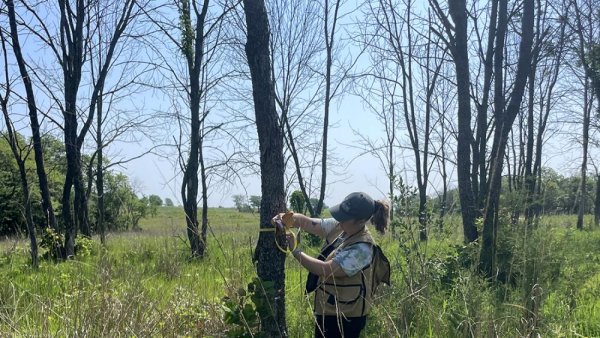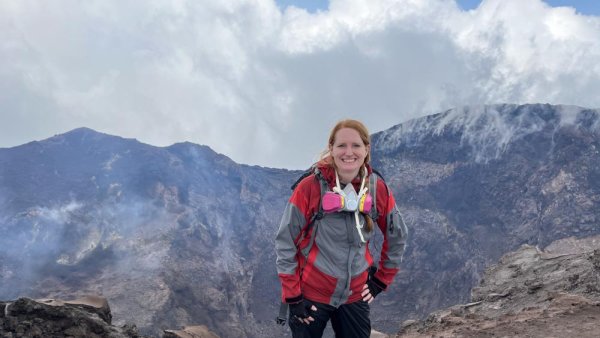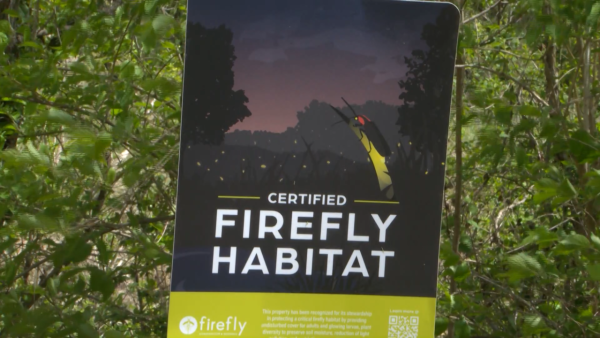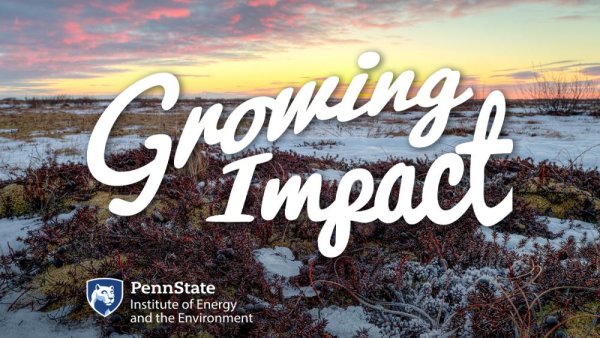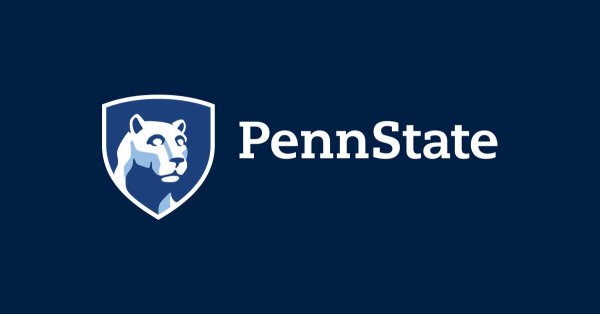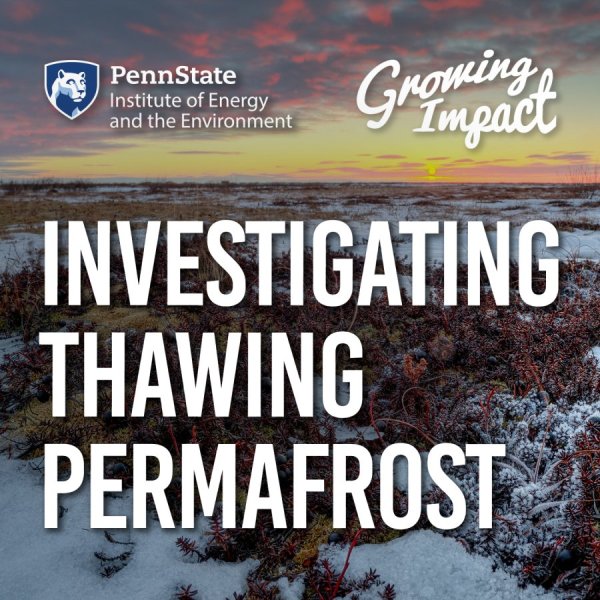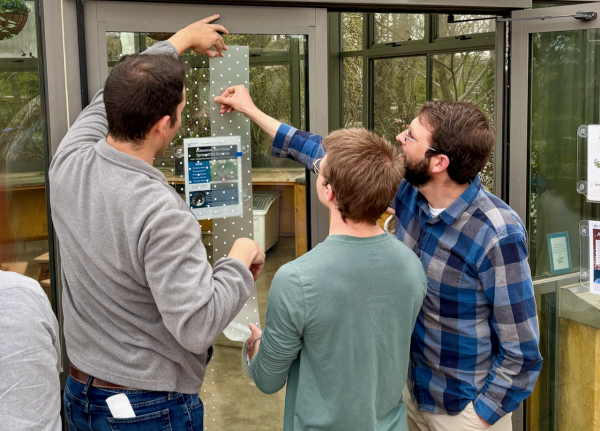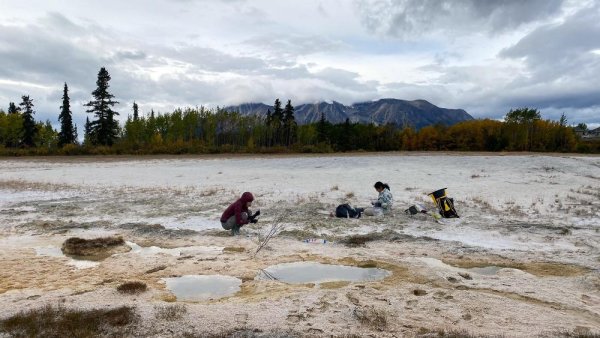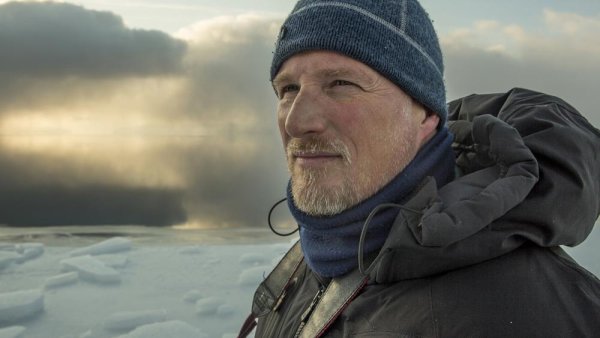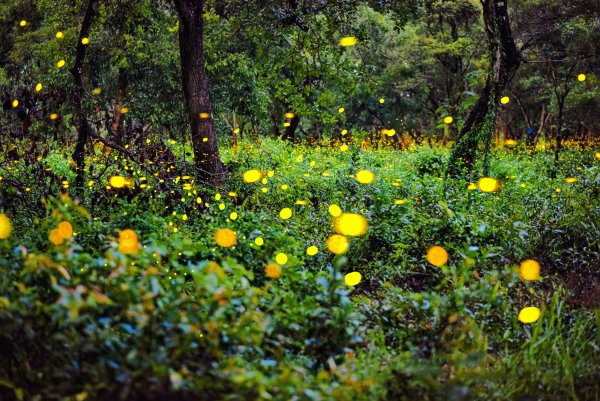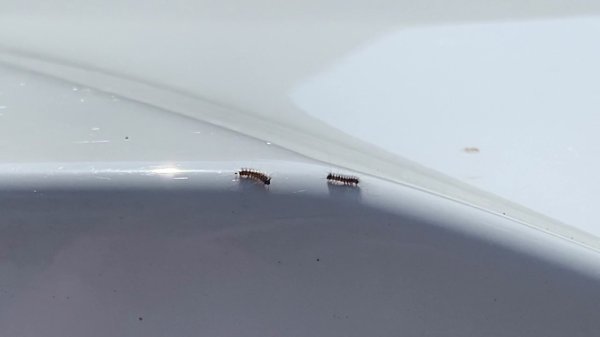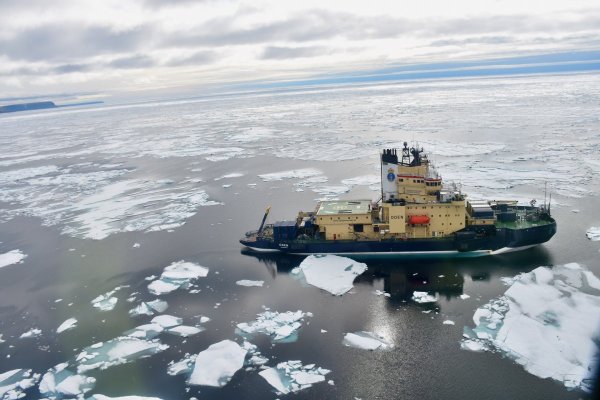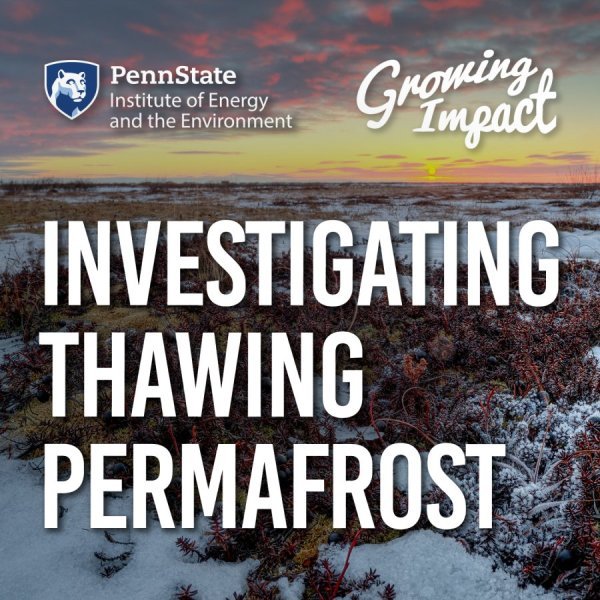Surviving ash trees may hold key to saving multiple species of the trees
| psu.edu
The invasive insect emerald ash borer is killing ash trees at an unprecedented rate in the United States, and now five North American species of ash are considered critically endangered, according to the U.S. Department of Agriculture (USDA) Forest Service. But a small percentage are surviving, and research by Forest Service scientists suggests that those trees may hold the key for saving the species. In an effort to unlock the answer, researchers in the Louis W.
ICDS associate director aims to enhance collaboration in new role
| psu.edu
Penn State Institute for Computational and Data Sciences, whose mission is to foster a collaborative, interdisciplinary scholarly community, is working to continue that vision through the work of their leadership, including new Associate Director Christelle Wauthier, who is also an associate professor of geosciences. Wauthier started the associate director position on April 1.
Firefly population expected to dip, PSU professor says
| wtaj.com
Penn State Professor Christina Grozinger says to expect a dip in firefly populations this year but adds that the average person can help. This article and broadcast TV segment features Christina Grozinger, Publius Vergilius Maro Professor of Entomology.
'Growing Impact' podcast explores a thawing Arctic and its impacts
| psu.edu
The latest episode of the Growing Impact podcast discusses how thawing Arctic permafrost, a result of rising global temperatures due to climate change, is affecting rivers, landscapes and communities, according to a Penn State research team.
Applications now open for Community-Engaged Research Fellowship program
| psu.edu
Penn State Clinical and Translational Science Institute's Community-Engaged Research Core is accepting applications for the 2025-26 Community-Engaged Research Fellowship Program now through Oct. 1. The program offers training and a mentorship network to scientists interested in advancing their community-engaged research expertise across Penn State campuses.
Growing Impact: Investigating thawing permafrost
| Featuring Roberto Fernández, Anastasia Piliouras, Talley Fisher
Once a frozen haven, climate-driven rising temperatures are rapidly thawing the Arctic permafrost, posing a major threat to communities and infrastructure. Researchers are investigating how these changes will transform rivers, with potential consequences for erosion, sediment transport, and the entire Arctic landscape. Additionally, their project incorporates art to communicate these critical findings in an engaging way.
Bird-safe Penn State: how to help reduce window collisions on campus
| statecollege.com
Years of effort from student, faculty, staff and community volunteers at Penn State has found that University Park has a particularly bad offender for deadly bird window collisions. This op-ed was co-written by Joseph Gyekis, associate teaching professor of biobehavioral health and David Toews, assistant professor of biology.
Ingalls to use NSF award to explore Earth’s ‘boring billion’ evolution
| psu.edu
Miquela Ingalls, assistant professor and Wilson Faculty Fellow in the Department of Geosciences, will use a a five-year $975,000 National Science Foundation Faculty Early Career Development Program (CAREER) grant to help understand a long lull in the evolution of early life on Earth. This span of time during the Proterozoic Eon is known as the “boring billion” because the explosion of photosynthetic life was abruptly followed by a long pause in biological innovation.
Award-winning photographer, conservationist to headline climate symposium
| psu.edu
Paul Nicklen, the award-winning nature photographer and conservationist, will be the keynote speaker for Penn State’s Climate Solutions Symposium. His presentation is scheduled for 9 a.m. on Tuesday, May 14, at The Penn Stater Hotel and Conference Center.
Firefly populations face multiple threats across North America
| earth.com
A groundbreaking study has brought new insights into the factors impacting firefly populations across North America. This article features Penn State research.
Spongy moths are everywhere in central Pennsylvania
| wnep.com
They are considered one of the most damaging bugs in Pennsylvania, and spongy moths are currently hatching in parts of our area. This article quotes Anna Hodgson, Penn State Extension agronomy educator.
The first Arctic researchers
| by Hester Blum
For millennia, Inuit communities have served as stewards of the Arctic, intimately attuned to its rhythms. Their observations and adaptations offer invaluable scientific insights. When researchers join forces with these communities, a more comprehensive understanding of climate change emerges.

